Animal scientist Ermias Kebreab, director of the World Food Center at the University of California, noticed that changing cows’ diets can have a positive impact on the amount of methane they produce – especially when they burp…
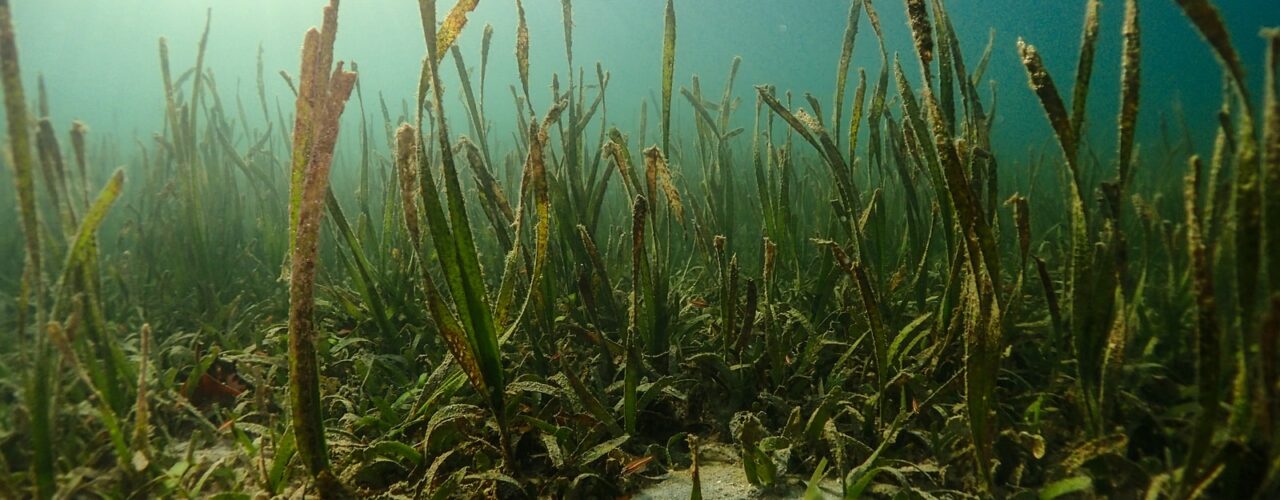
Kebreab identified seaweed – which is frozen, powdered and added to food troughs – can “reduce methane production by as much as 90%”.
So what?
Whilst there are still issues with how methane production from cows’ belches are measured – it is undoubted that cattle are responsible for a large amount of greenhouse gas emissions.
Altering the diet of cattle to include seaweed appears like a non-invasive and relatively low cost solution for tackling methane production in farming. Could we soon see this adopted in mainstream farming? If this practice was adopted at scale, could it produce unintended consequences like different or more potent bovine excrement and/or effluent, or perhaps poor health or increased susceptibility to disease? Would global seaweed supply be able to keep up with demand without converting undue amounts biodiversity-rich, shallow, sun-rich waters to seaweed production?


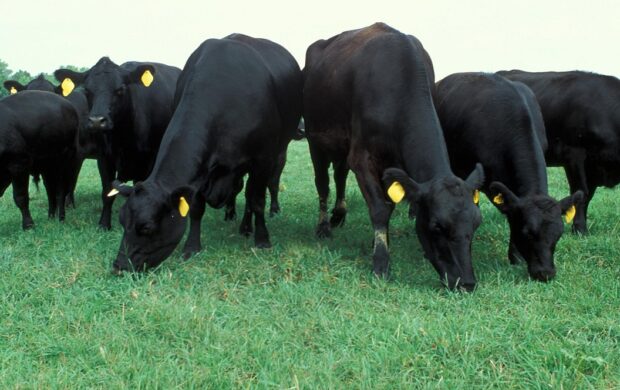
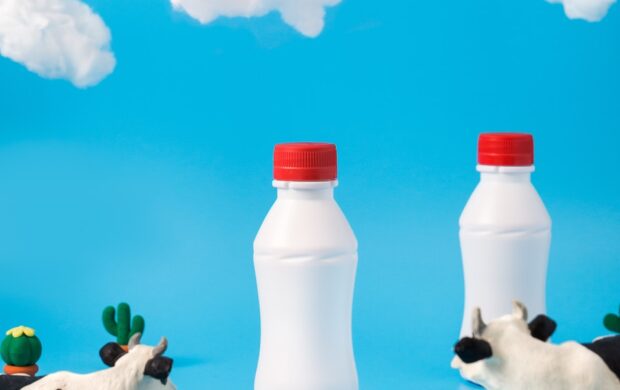
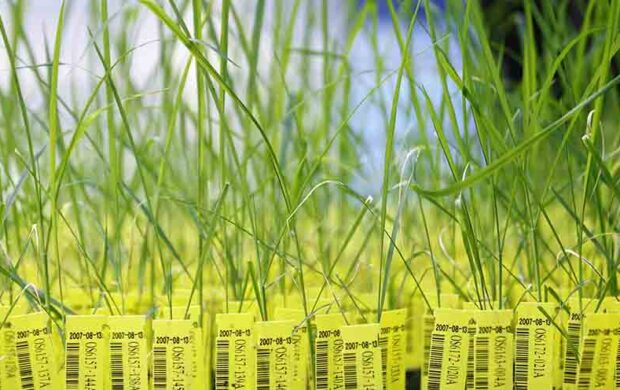


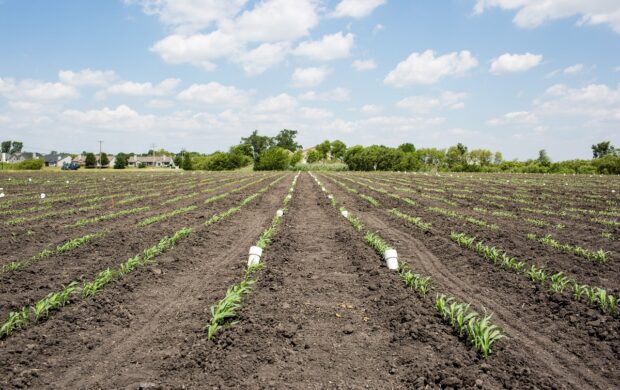
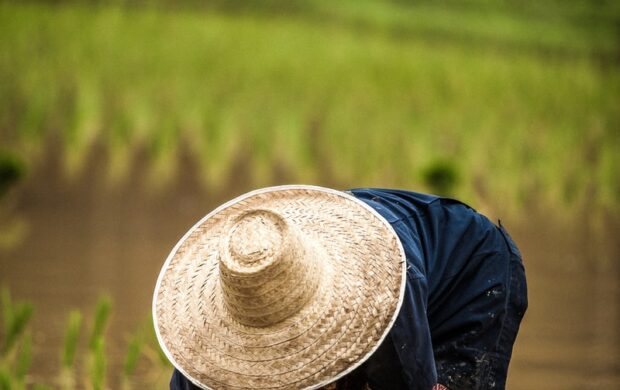
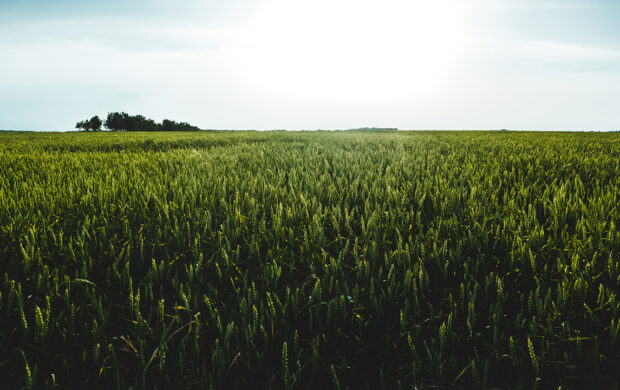
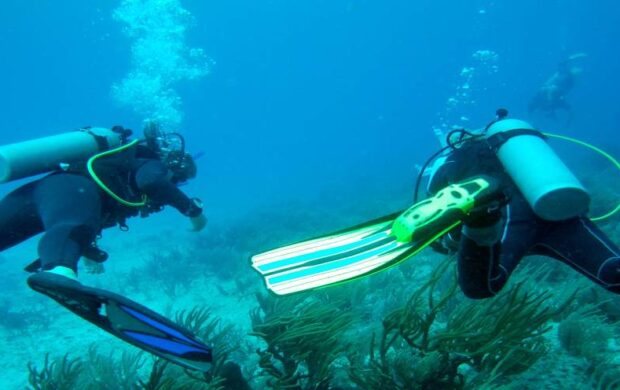

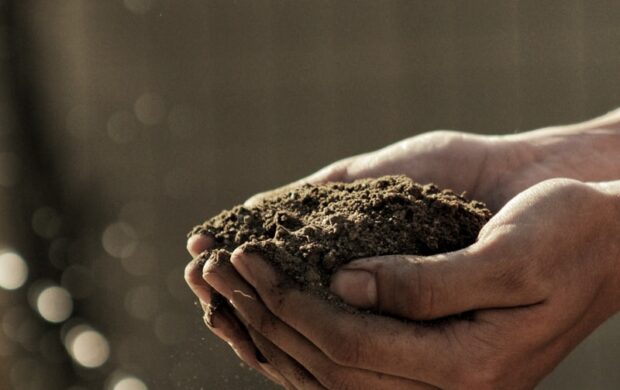


Join discussion